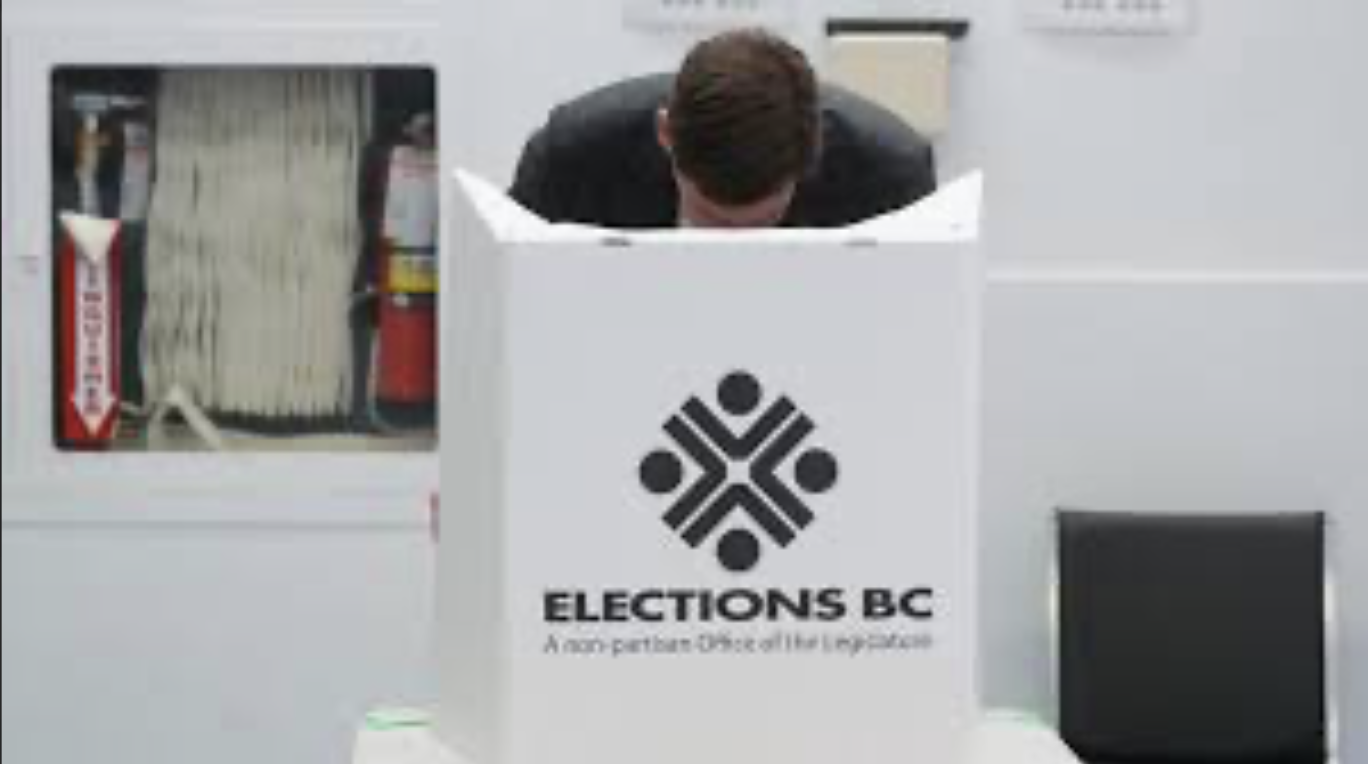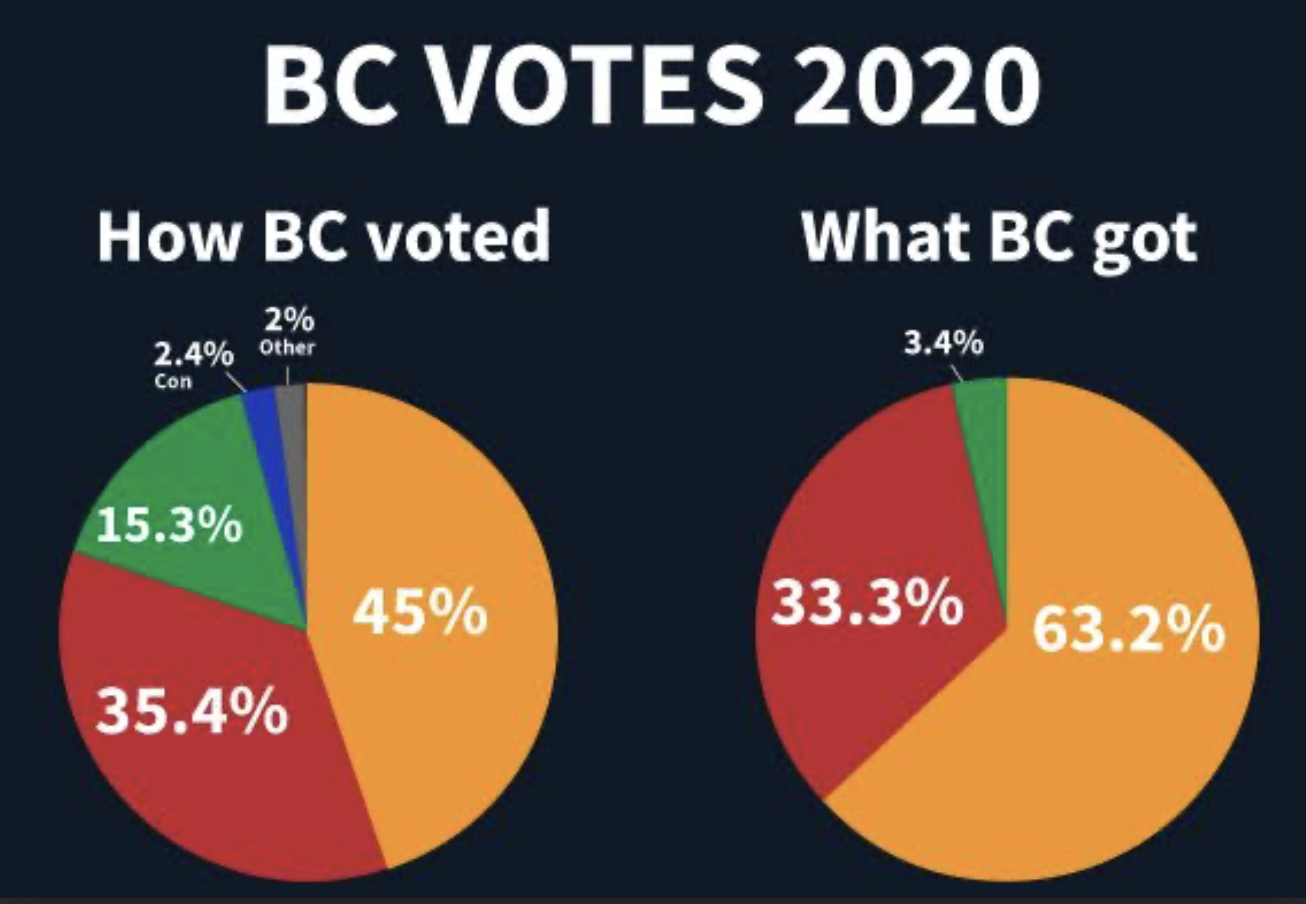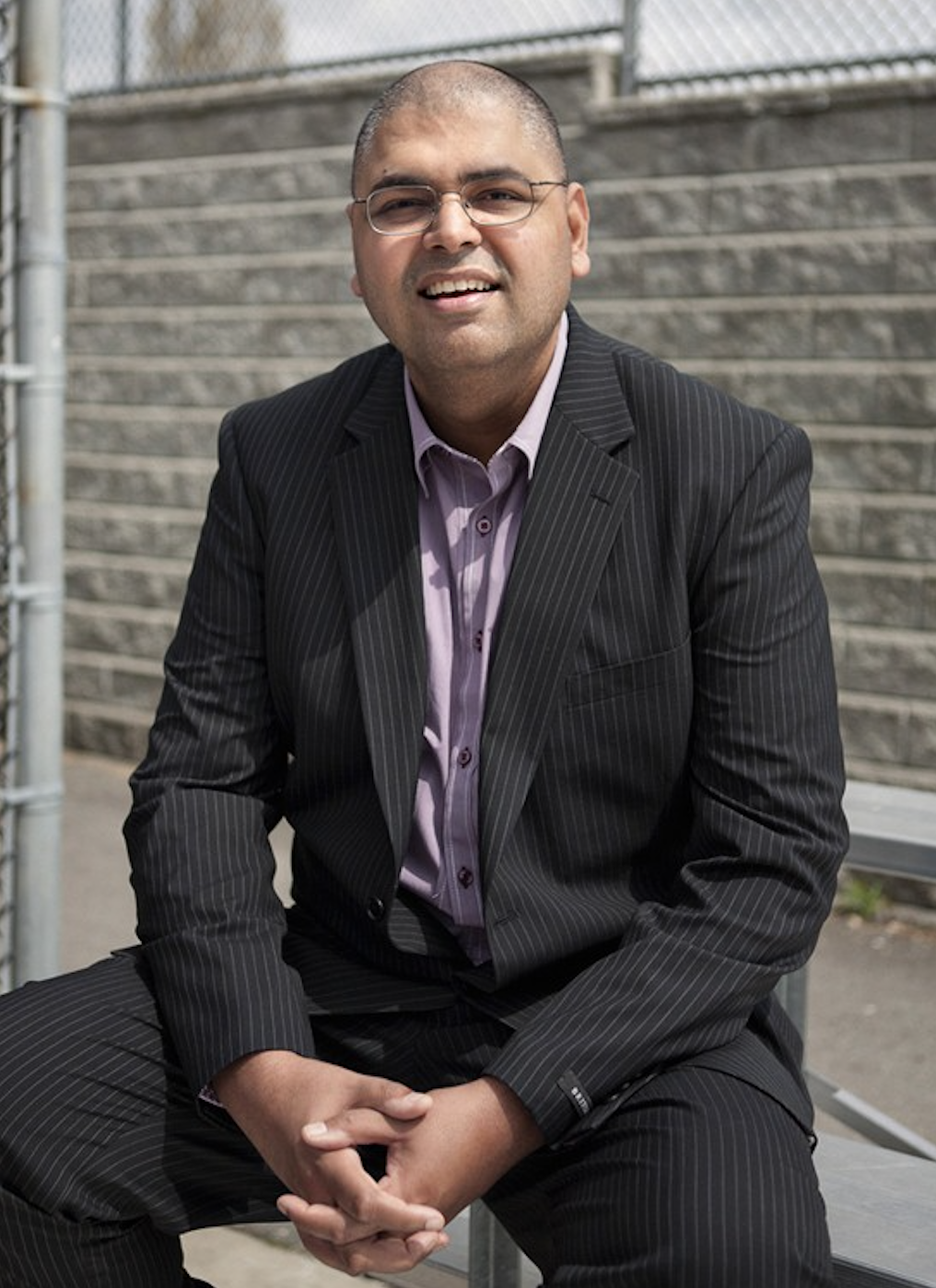DESIBUZZCanada
Events Listings
Dummy Post

International Day Of Yoga To Be Virtually Celebrated Saturday At 4pm

CANCELLED: Coronavirus Fears Kills Surrey’s Vaisakhi Day Parade

ADVERTISE WITH US: DESIBUZZCanada Is The Most Read South Asian Publication Online

SURREY LIBRARIES: Get Technology Help At Surrey Libraries

WALLY OPPAL: Surrey Police Transition Update On Feb. 26

GONE ARE THE DAYS - Feature Documentary Trailer

Technology Help At Surrey Libraries

Birding Walks

Plea Poetry/short Story : Youth Contest

International Folk Dancing Drop-in Sessions
BC ELECTION REFORM: Changes Needed To Make BC's Next Election Truly Fair
- September 6, 2025

By Alex Sangha
As British Columbia gears up for its next provincial election, we must ask ourselves: will it really be fair? Will there truly be a level playing field for all candidates and political parties?
The honest answer is no.
Despite repeated promises of campaign finance reform, political leaders in BC have consistently failed to build a system that ensures fairness. Yes, we've seen progress: corporate and union donations were banned in 2017, and there are now caps on individual contributions. But the system remains fundamentally tilted in favour of those with wealth and influence. Politicians have refused to adopt meaningful public financing models, leaving candidates and parties still dependent on private donations.
And let's be clear: no one donates money to politics without expectations.
The Hidden Cost of Private Donations
Every cheque that lands in a campaign account carries an implicit bargain. Donors expect access, influence, and sometimes even policy concessions. This means our political system is not fully accountable to the people—it's partially accountable to the highest bidder.
The result?
A democracy distorted by money. Corporations, lobbyists, and affluent individuals continue to enjoy outsized influence, while the poor, the working class, and marginalized communities are left on the sidelines.
Is it any surprise, then, that BC's most vulnerable citizens have seen little progress on life-and-death issues? People living on disability assistance continue to survive on less than a living wage, despite the affordability crisis. Rents are skyrocketing, food banks are overwhelmed, and inequality is widening. Yet these concerns never seem to rise to the top of the political agenda.
Why?
Because the people most affected have no financial leverage in our political system.
A Hostage Democracy
At every level, our politics is held hostage by big money, partisan interests, and powerful industries. This entrenched system makes it harder for fresh voices, community leaders, and independent candidates to break through.
If democracy is supposed to be government "for the people," then we must ask: which people? Right now, it is largely for the connected, the wealthy, and the well-funded.
The solution lies in cutting the umbilical cord between private money and political power.

A Six-Step Plan for Electoral Reform
We cannot complain about this imbalance without offering solutions. That is why I propose a simple six-step electoral reform plan that would make politics in BC more democratic, competitive, and accessible:
Residency Requirement
Candidates must live in the riding they hope to represent for at least two years prior to the election. This prevents "parachute candidates" who have no ties to the community.
Community Nomination
Candidates must be nominated by at least 25 citizens who live in the riding. This ensures grassroots legitimacy.
Campaign Loan System
Instead of chasing private donors, candidates would secure a capped campaign loan from a private bank, guaranteed by a legislated maximum.
Receipts for Accountability
After the election, candidates would submit all receipts to the bank.
Public Reimbursement
The Elections Office would reimburse the bank for all verified, official campaign expenses—up to a set maximum equal for every candidate. If a candidate breaks campaign finance rules, they forfeit their deposit and must repay the loan directly.

Candidate Information Hub
Elections BC would maintain a nonpartisan online hub listing biographies, education, community service, and qualifications of every candidate. This would give voters an unbiased source of information—free from partisan spin or media bias.
Why This Plan Matters
This system would do what current reforms have failed to achieve: remove big money from politics.
It would shift power away from the economic elite and back to ordinary citizens.
It would make it possible for working-class people, community activists, and those with lived experience to run for office without relying on wealthy donors.
It would give voters confidence that candidates answer to their communities—not to corporations or wealthy lobbyists.
It would strengthen democracy by ensuring elections are about ideas and leadership, not who can raise the most money.
In short, this plan levels the playing field.
Reclaiming Democracy
BC has an opportunity to lead the country in building a more equitable and democratic electoral system. We already pride ourselves on banning corporate and union donations. But that reform was just the beginning.
If we truly want the government to reflect the best interests of all British Columbians—not just the well-connected—we must go further. We must ensure that money no longer dictates who gets to run, who gets heard, and ultimately who governs.
True democracy means removing barriers so that any citizen—rich or poor, privileged or marginalized—can stand for office and be judged by their ideas and values, not their bank account.
Until we take bold steps like these, our elections will remain tilted in favour of those with wealth and influence. And the voices of those who need representation most will continue to be drowned out.
The next provincial election is coming. The question is not just who will win—it is whether we are willing to make sure everyone had a fair chance to compete.
That is the true test of democracy.

Alex Sangha is an award-winning social worker and documentary film producer. He has an MSc in Public Administration and Public Policy from the Department of Government from the London School of Economics.











